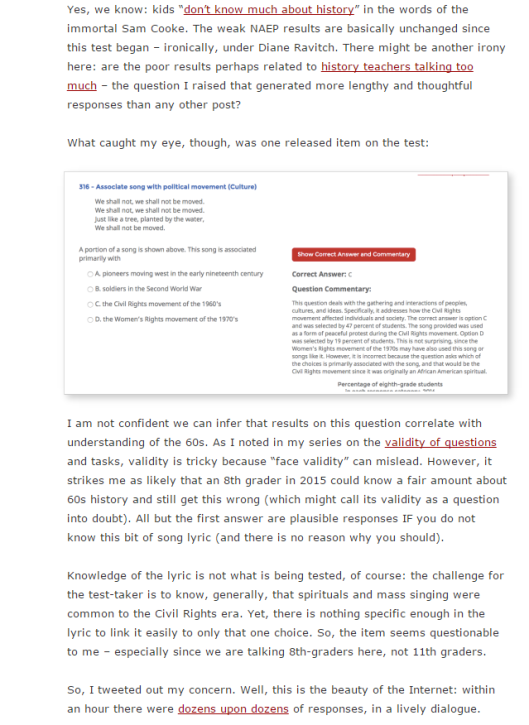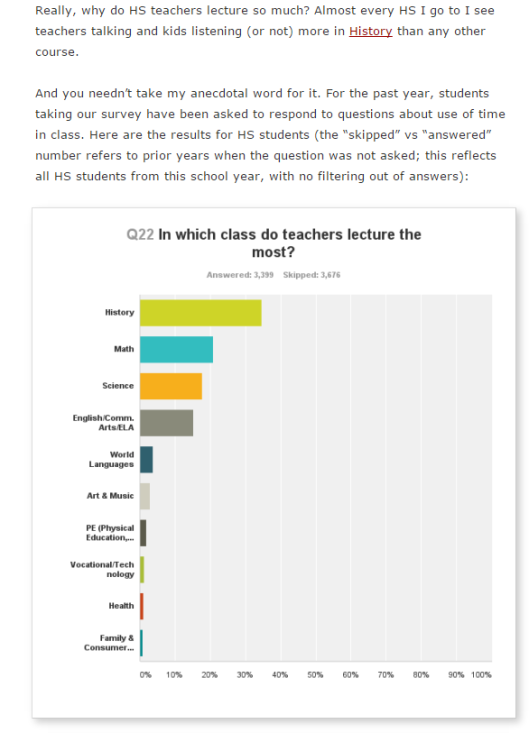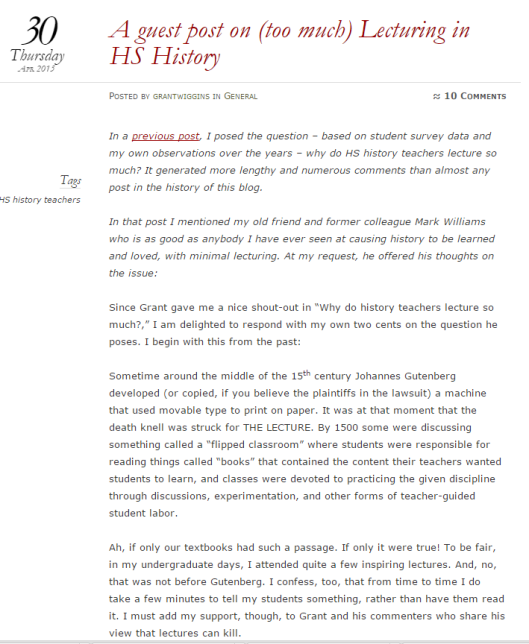Heroes play an important role in our culture.
Whether they come in the form of celebrities, caregivers, or activists, heroes inspire us. They show us what a person can achieve, and they provide guidance – intentionally or not – on how a person should live.
There’s just one thing – heroes aren’t perfect.
None of us are perfect.
I tend to think of Gandhi as the quintessential problematic hero. He is widely revered and his words are often uttered as hallowed. As if we could truly build a better world if only we could internalize what it means to be the change you wish to see in the world.
But despite his near-saint status, Gandhi was not without his faults.
Speaking of Jews in World War II era German, Gandhi wrote:
And suffering voluntarily undergone will bring [Jews] an inner strength and joy which no number of resolutions of sympathy passed in the world outside Germany can…The calculated violence of Hitler may even result in a general massacre of the Jews by way of his first answer to the declaration of such hostilities. But if the Jewish mind could be prepared for voluntary suffering, even the massacre I have imagined could be turned into a day of thanksgiving and joy that Jehovah had wrought deliverance of the race even at the hands of the tyrant. For to the godfearing, death has no terror. It is a joyful sleep to be followed by a waking that would be all the more refreshing for the long sleep.
That’s some commitment to non-violence.
Furthermore, there is significant evidence that Gandhi was “a most dangerous, semi-repressed sex maniac.” It is certainly well documented that he preferred to sleep “naked next to nubile, naked women to test his restraint.”
I could go on with other problematic elements of Gandhi’s character and beliefs, but I think I’ll stop there.
The point is – the man was far from perfect.
And I don’t mean to pick on Gandhi. I suspect that under the surface of many of our revered, we’d find imperfections and flaws. Racism, dark elements of their past, or simply habits that would trouble our refined sensibilities.
There’s a reason why Jackie Robinson was selected as the first black major league baseball player:
The first black baseball player to cross the “color line” would be subjected to intense public scrutiny…the player would have to be more than a talented athlete to succeed. He would also have to be a strong person who could agree to avoid open confrontation when subjected to hostility and insults, at least for a few years.
And there’s a reason why Rosa Parks’ predecessors weren’t successful in launching the Montgomery Bus Boycott. 15 year-old Claudette Colvin, the first to be arrested for not moving to the back of the bus, was “too dark skinned, poor, and young to be a sympathetic plaintiff to challenge segregation.”
Activists Aurelia Browder, Susie McDonald, Mary Louise Smith and Jeanette Reese were similarly seen as not being the right icon for the movement.
But icons aren’t always selected by shrewd organizers, carefully crafting an effort to shift public opinion.
Sometimes these heroes just emerge.
And we should not be surprised to find them flawed.
Perhaps the Greeks were wise to see their gods as afflicted by the drama of human emotions; a hero always has his hubris.
And none of this is to say we should abandon our heroes – that we should be disappointed with their humanity and cast them aside for their flaws.
But we should see them not as a remote icons of perfection, but as whole people – struggling with their flaws just as we struggle with ours.
And then we much each decide whether we find a person’s failings forgivable – whether we can still find wisdom and insight in their words.










 We
We